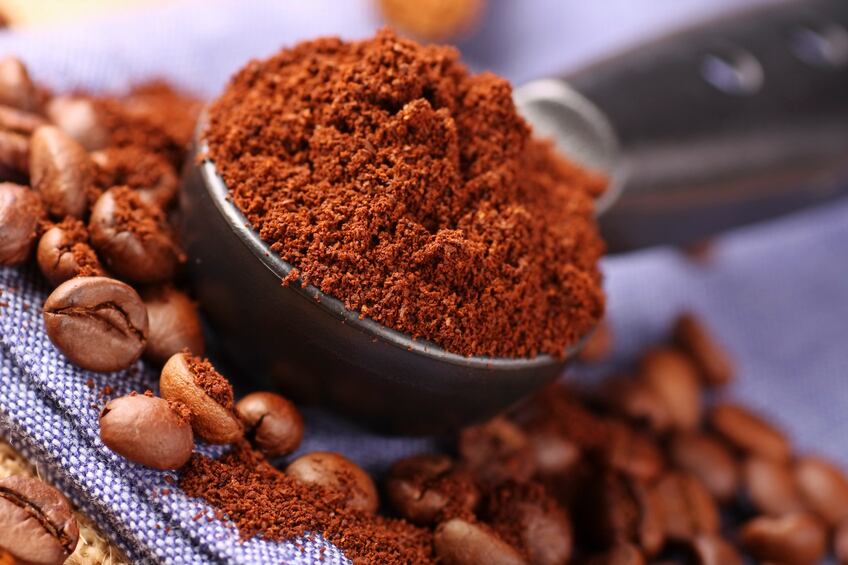The conclusions were based on over 740 studies, which found consuming 400 milligrams (mg) - around four cups of coffee - as safe for healthy adults.
Intakes up to 300 milligrams per day (mg/day) in pregnant women and up to 2.5 milligrams per Kg bodyweight per day (mg/kg-day) in children and adolescents remain acceptable.
“Evidence generally supports that consumption of up to 400 mg caffeine/day in healthy adults is not associated with overt, adverse cardiovascular effects, behavioural effects, reproductive and developmental effects, acute effects, or bone status,” the study commented.
The amounts correspond to those that has long been considered safe by the European Food and Safety Authority (EFSA).
In its 98-page draft assessment at the start of 2015, the regulatory authority said the same for single doses of up to 200mg for adults (18-65 years).
In recent years, attention has shifted from caffeine levels contained in coffee and tea to beverages such as energy drinks that have been linked to a number of fatalities. These cases were the result of energy drink consumption taken prior to exercise.
There is also the possibility that the drinks’ blend of ingredients like taurine and D-glucurono-γ-lactone and its interaction with caffeine may have contributed to these events, although EFSA have dismissed this.
The review supported a shift in caffeine research to focus on effects in establishing epigenetic trends, effects in unhealthy populations, individuals with pre-existing conditions that could leave individuals to be at greater risk compared to healthy adults and healthy pregnant women.
Caffeine collaboration

To try and assess its effects on health, researchers from the consulting firm Toxstrategies along with colleagues from the University of Pennsylvania, Oklahoma and Manitoba, led a review of studies published between 2001 and 2015.
The review, which received assistance from the International Life Sciences Institute (ILSI) Caffeine Working Group, The American Beverage Association (ABA) and the National Coffee Association (NCA), looked at caffeine’s toxicity as well as effects on bone, heart, brain and the reproductive system.
"This Systematic Review provides evidence that furthers our understanding of caffeine on human health," said Dr Eric Hentges, executive director, ILSI North America.
"This review provides the research community with data and valuable evidence to support the development and execution of future research on caffeine safety that will impact public health.”
In addition to the levels recommended for healthy adults and pregnant women, the review also identified that for child and adolescent populations 2.5 mg caffeine per day remained an acceptable standard.
Methods of consumption
The research team also bought up the issue of excessive consumption of capsules or powders. Ten grams of caffeine - around 100 cups of coffee – they said was considered a lethal dose.
They said that their findings were supportive of regulatory measures to restrict the number of capsules per entire pack as well as public warnings regarding the dangers of caffeine powder.
Referring to EFSA findings in which single doses of caffeine of up to 200 mg were deemed safe, the data also addressed caffeine’s effects in combination with ingredients found in energy drinks.
“It is our speculation that the complexity of trying to account for all of these factors and desire to provide a safe value for all populations likely help to explain the conservatism in the single dose designation,” the study concluded.
Source: Food and Chemical Toxicology
Published online ahead of print: doi.org/10.1016/j.fct.2017.04.002
“Systematic review of the potential adverse effects of caffeine consumption in healthy adults, pregnant women, adolescents, and children.”
Authors: Daniele Wikoff, Brian Welsh, Rayetta Henderson, Gregory Brorby, Janice Britt, Esther Myers, Jeffrey Goldberger, Harris Lieberman, Charles O'Brien, Jennifer Peck.
